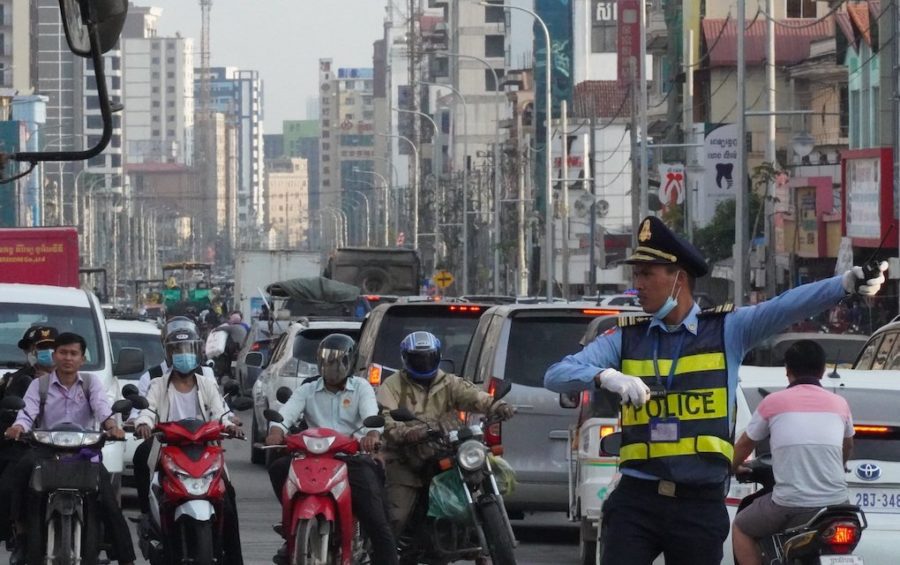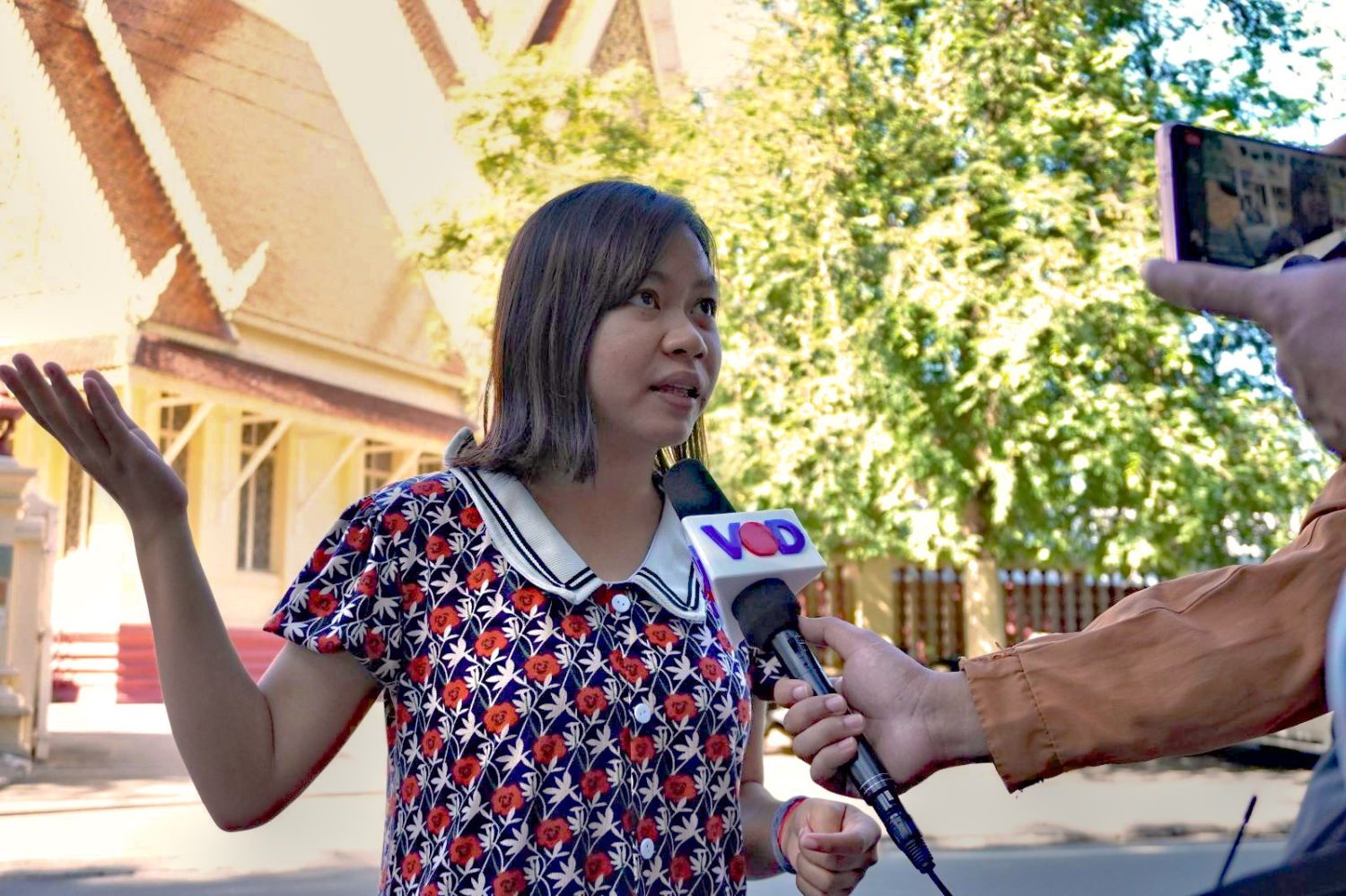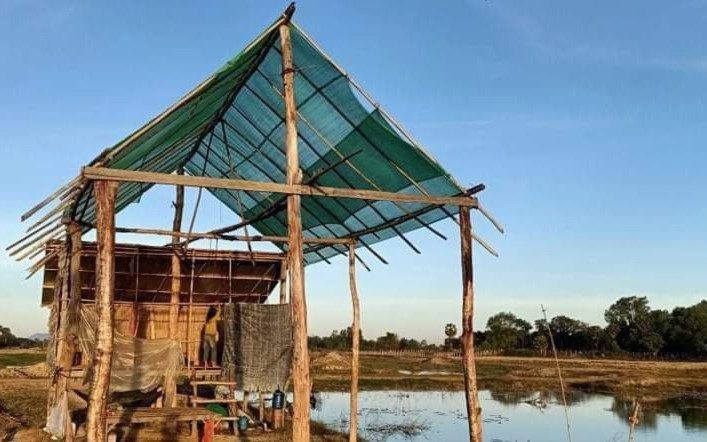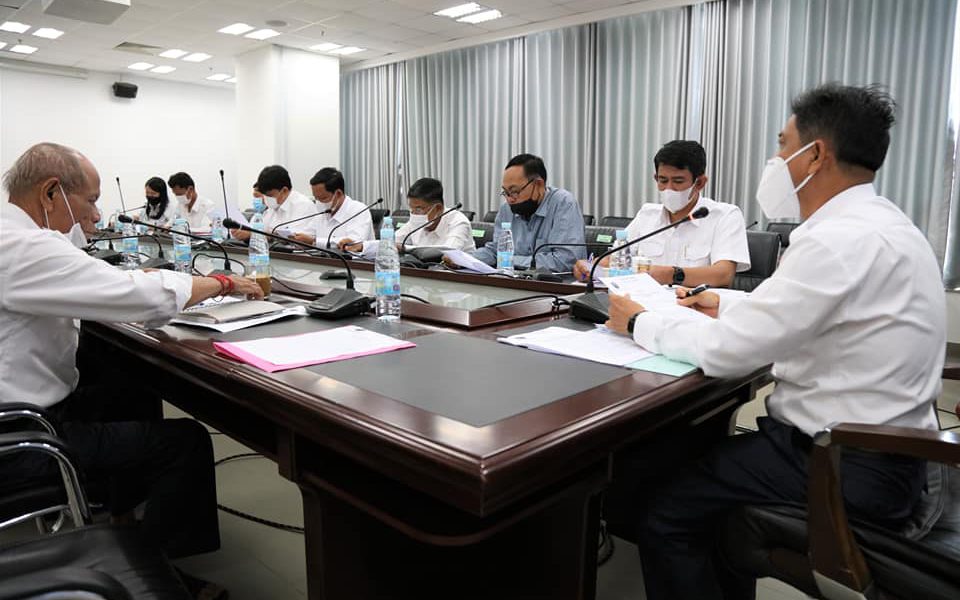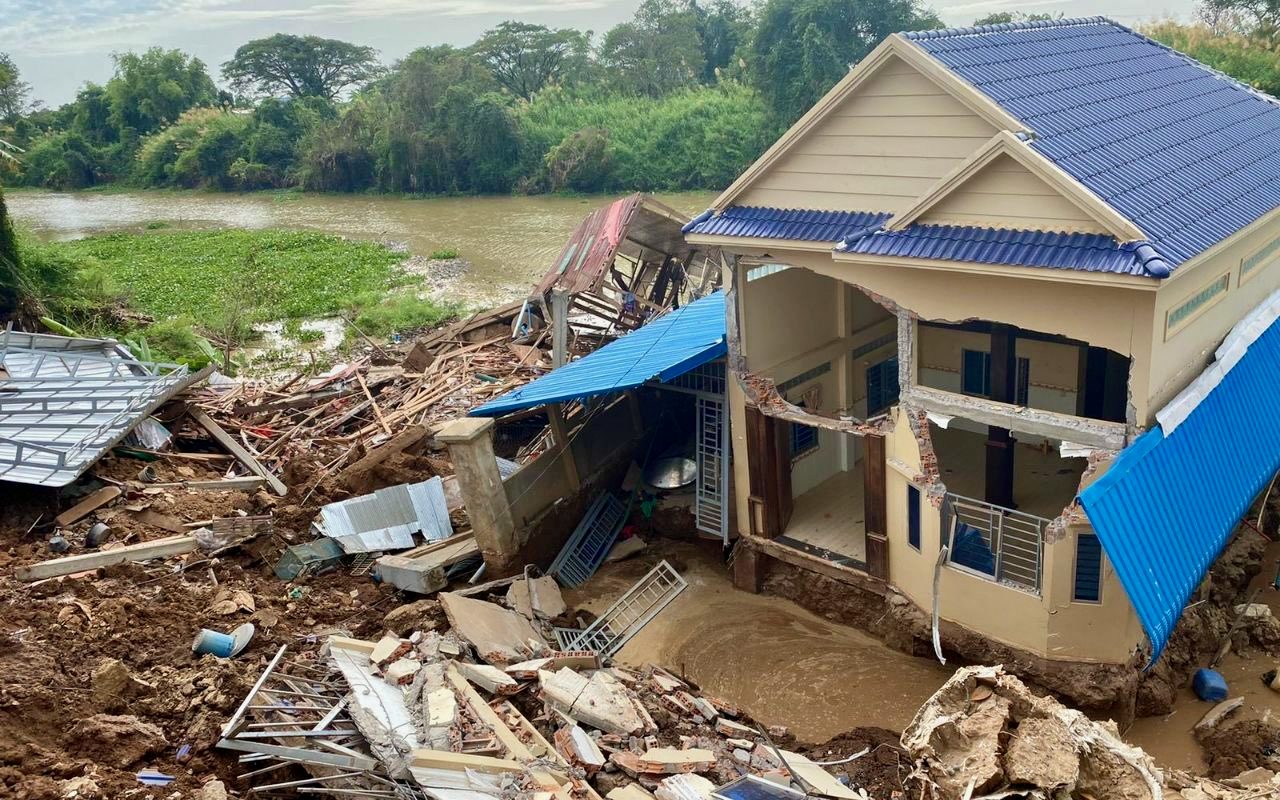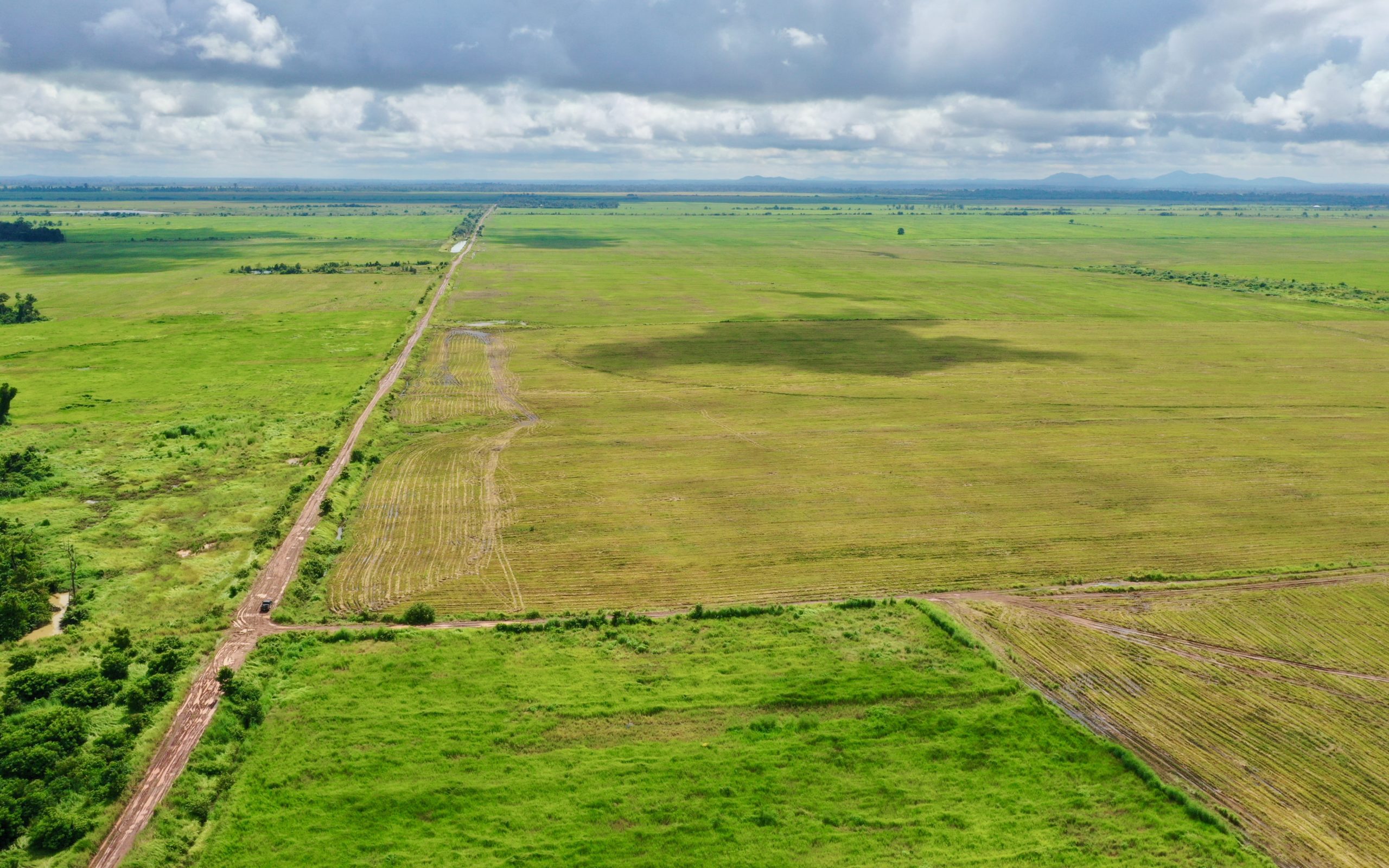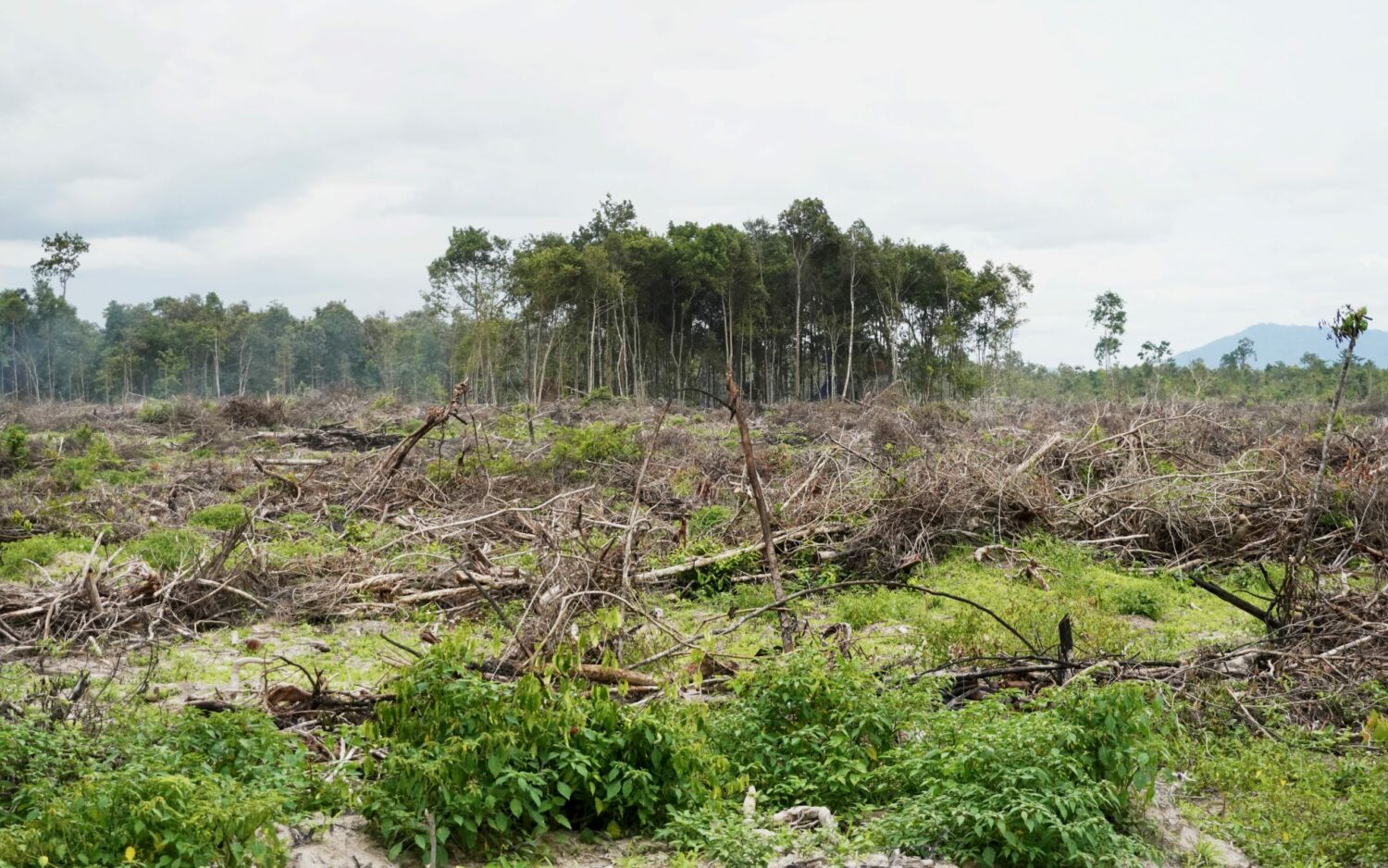The Preah Sihanouk provincial administration announced police are investigating a Sihanoukville business, a possible targeting of an illegal operator following a series of recent human trafficking rescues from scam compounds.
Police have been publicizing rescues of forced laborers from Sihanoukville compounds in recent weeks amid international pressure over human trafficking, but the scam operations where workers were detained have rarely been targeted or shut down.
The administration said in a statement dated Thursday that the police’s central security department and Interior Ministry’s immigration department was working with the province to investigate Bing Chheng International Entertainment in Sihanoukville’s Bei commune, and had conducted a site visit on Tuesday.
Bing Chheng would be checked for undertaking illegal business, operating without a license and other possible crimes, the statement said, adding that the administration believed it was Chinese-run.
Kheang Phearum, provincial spokesman, said on Friday that the investigation was in the hands of authorities and work was ongoing, without providing further details.
— Mech Dara
Researchers Canvass Factory Workers and Rice Farmers
University researchers are publishing a series of reports on Cambodian livelihoods, finding increased pressure on both workers at garment factories and rural residents.
Royal Holloway, University of London has released two reports this week with a third due on Monday.
The first, “ReFashion: Building Forward Worse,” says Covid-19 saw work pressures rise on garment factory workers due to economic difficulties, and the situation has continued.
“Working conditions in the factory have instead continued to deteriorate further,” the report says, based on a survey of 100 workers in November and December and 31 worker interviews in December and January.
It adds that unions lost members during the pandemic and have faced repression.
“Under the pretence of ‘downsizing’ or ‘streamlining’ production, factories routinely targeted union leaders and activists in layoffs and suspensions,” it says.
The second study, “Trapped in the service of debt,” released on Friday, calls Cambodia’s household debt crisis “a public health crisis,” saying 22% of households surveyed during the pandemic took loans to pay for food, and many have reduced household expenditures to meet repayments.
A third study, “Microfinance, over-indebtedness and climate adaptation,” is set to be released on Monday.
— Michael Dickison


